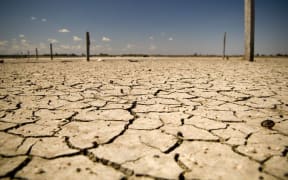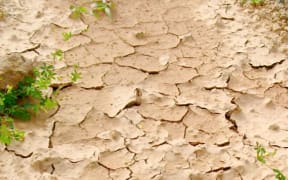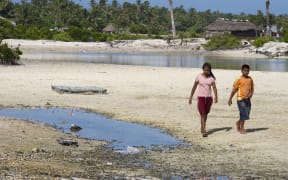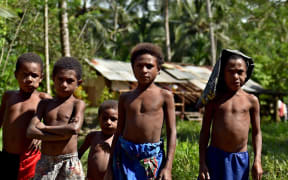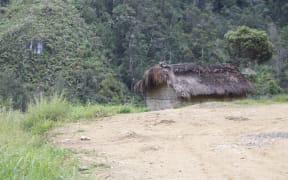A specialist in PNG agriculture and food says the drought gripping the country will place a range of strains on many people.
The drought currently gripping Papua New Guinea is shaping up to be more severe than the last such drought in the country in 1997.
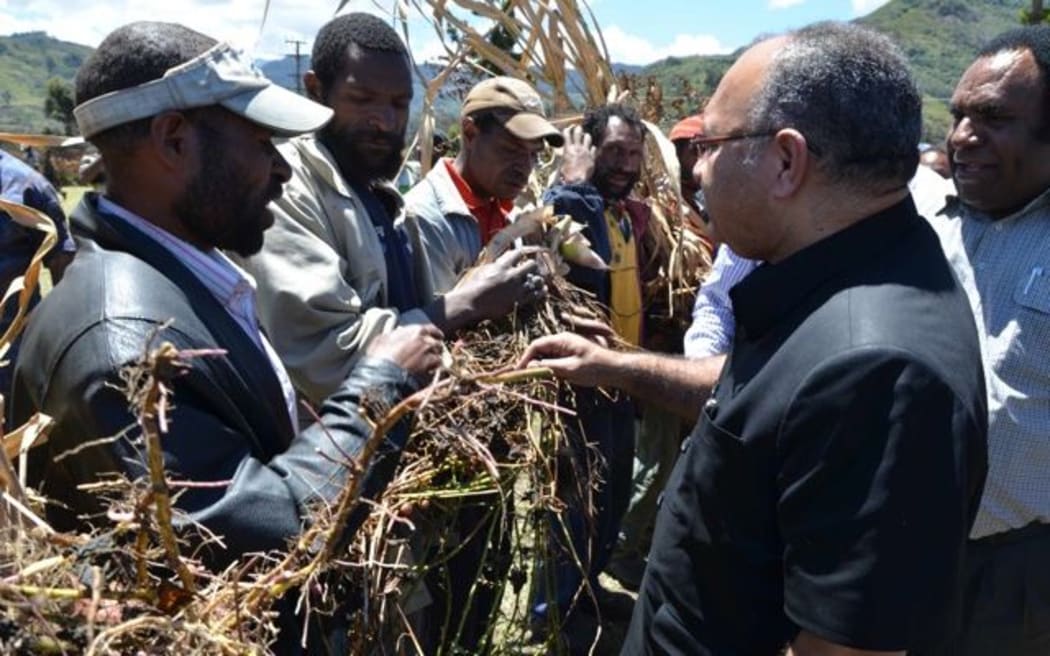
Papua New Guinea's Prime Minister Peter O'Neill meets drought-stricken farmers in the Southern Highlands Photo: Supplied / PNG Prime Minister's office
Drought over recent months and frosts in the last few weeks in the Highland provinces in particular have destroyed many vital food crops.
A specialist in PNG's rural sphere, Mike Bourke from the Australian National University, says the drought will impact on many people.
"If this event is the same magnitude as '97, we're talking about approximately of the order of two and a half million people who are very, very short of food. If it's of higher magnitude, more severe magnitude - and early indications seem to be that it may well be, and that's certainly the meteorological prediction, not only a stronger El Nino but also lasting a lot longer, lasting until next year - then those numbers go up."
He says the drought will place a range of great strains on many communities.
"The biggest single thing is that many hundreds of thousands of people, households, are scavenging for food, eating food that they normally wouldn't eat. So people are eating unusual food, or they're eating things in quantities that they normally wouldn't eat. So, tremendously disruptive, tremendously stressful. We're just talking about food now - but there's a whole lot of other elements here. There's water, there's health, there's migration. There's many elements to this. And education of course; in Enga province the provincial education secretary is saying they may have to close the schools down for a hundred thousand pupils in the coming weeks."
Mike Bourke says various communities in the Highlands are showing great initiative in engaging support and making efforts to cope with the drought.
Yet with a variety of agencies, including government, churches and NGOs, mobilising response efforts, Mike Bourke says national co-ordination of these efforts is therefore important to ensure against overlapping.
